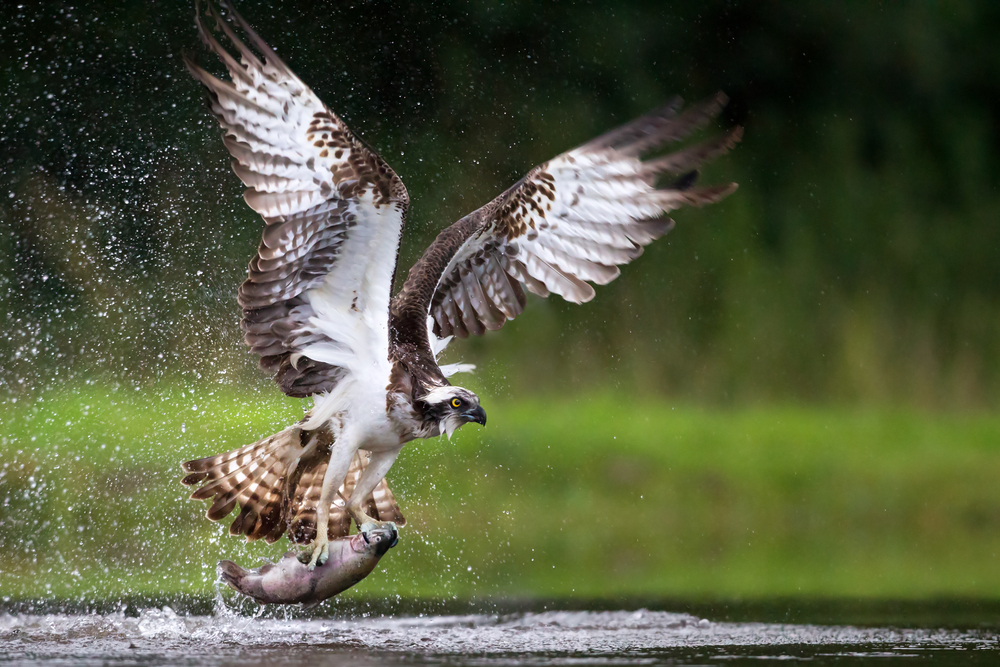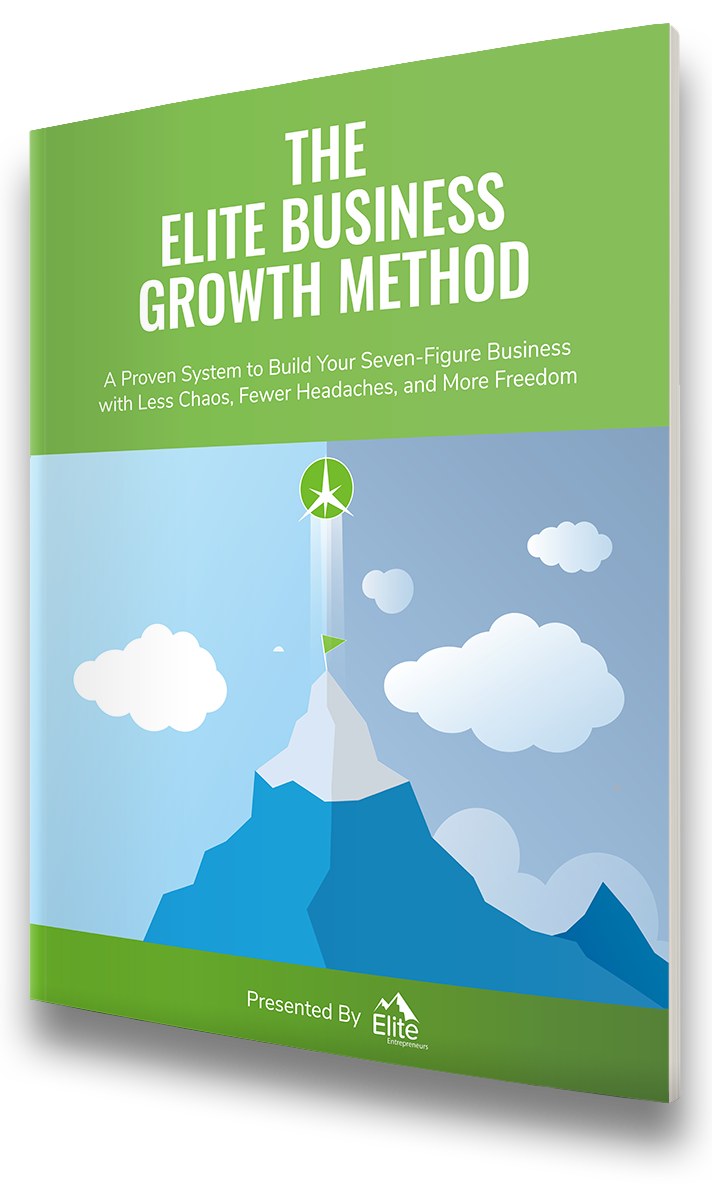Auto Draft
 As a kid I LOVED to go fishing! I loved everything about it… the anticipation leading up to a planned fishing trip, figuring out the best way to attract the fish, but most of all the thrill of having a fish on the line. I would happily spend hours fishing in hopes of catching that monster fish!
As a kid I LOVED to go fishing! I loved everything about it… the anticipation leading up to a planned fishing trip, figuring out the best way to attract the fish, but most of all the thrill of having a fish on the line. I would happily spend hours fishing in hopes of catching that monster fish!Now that I’m a dad, my fishing trips are quite different. I still love the idea of catching fish, but I spend most of my time helping my kids with their poles – baiting hooks, dealing with snagged or tangled lines, and, when fishing is good, taking fish off of their lines. When I was younger, fishing didn’t feel like work at all. It was pure joy. Now, it often feels like a lot of work.
Last year, we went to a mountain lake a couple of hours from our home to fish for rainbow trout. The weather was perfect. The lake was beautiful, surrounded on every side by pine trees. Full of hope, we chose what appeared to be a great spot, prepared our poles, and started fishing.
My wife and I have several children, so we usually have pretty good odds at someone catching something. We threw everything we had at those fish. We tried a variety of baits and lures at different depths and speeds. We worked and worked. A couple of hours went by and we didn’t have a single fish despite all of our effort.
As we continued our seemingly futile efforts on the bank, trying to cast our lines as far out into the lake as possible, we saw a large bird leave its perch at the top of an old, dead pine tree. I came to find out later that it was an osprey. The osprey circled above the lake for maybe a minute, spotted its prey, swooped down to just above the water’s surface and grabbed a large unsuspecting rainbow trout.

As quickly as the osprey had arrived on the scene, it was gone again. It arrived empty handed (or empty taloned), but it left carrying a prize that was the envy of my family of fishermen. What we had failed to accomplish in 10-12 “people hours” of fishing, that osprey had accomplished in less than 2 minutes. We were awestruck!
We left the lake that day empty-handed (“skunked” in fishing terms). Even though we poured ourselves into achieving the desired outcome, we weren’t successful. In addition to creating some (hopefully fun) family memories and photos, I kept reflecting on what we had witnessed with that osprey. It was so cool to watch that impressive bird skillfully snatch a sizable trout out of the lake!
Within a month or two of that trip, I was getting ready to teach a group of entrepreneurs about Vision and Strategy, and it occurred to me that our experience at the lake had provided some insightful lessons about business.
You can spin up a bunch of activity on the bank of the lake (or in your business) and hope to get lucky. Certainly, having a goal, exerting a bunch of effort and trying many approaches or tactics give you a better chance of success than do nothing at all. Precise, efficient action, however, only happens when you can get above the water and see clearly.
It’s no secret that spending all of your time working in your business will not allow you to be as intentional nor as strategic as you’d like to be. Every entrepreneur wants to be more intentional and strategic, and yet, most of us still allow ourselves to get sucked into the whirlwind of our business.
Like the osprey, we need to rise above the day-to-day details of the business so we can get clear about the precise, efficient action we must take to achieve our objective.
So, how do we do that? How do we break out of the mode of simply responding to everything coming at us each day? How do we rise about it all so we can be more intentional, more strategic, more efficient? How do we flip the switch from a reactive, defensive posture to taking a proactive, offensive stance?
The best way I’ve found to become more osprey-like in running a business is to establish a meeting rhythm and then stick to it like your life depended on it. You’ve got to get yourself off the bank and above the water.
Annual and quarterly planning offsites as well as monthly and weekly meetings can be used quite effectively to help entrepreneurs see clearly and then take precise, efficient action. I’ll make sure to include a future blog post to give more detail on each of the meetings that make up a good planning and execution meeting rhythm, but today I’ll stay fairly high level.
If you’ve already Set the Vision properly (see previous blog post), including strategy work aligned with a very specific Mission, annual and quarterly offsites are the time to create Priorities (sometimes referred to as Tactical Operating Priorities or TOPs) and the supporting tasks/work to accomplish them (we like to use the SMARTs approach to fleshing out the plan to complete TOPs… Specific, Measurable, Achievable, Relevant and Timebound).
With TOPs and SMARTs created to move the strategic imperatives of the business forward, monthly and weekly meetings help leaders review progress, raise any flags when there are concerns, and make needed adjustments to stay on track. Without a meeting rhythm to review progress and make adjustments, you’re likely to get pulled into the day-to-day whirlwind of running a business and delay achieving the longer-term objectives that would enable additional growth.
If we were to reference back to my family’s fishing trip, failing to establish a meeting rhythm would mean we were simply deciding to continue to do our best to catch fish from the shore. We wouldn’t analyze our results or make plans to improve, and we certainly wouldn’t take the time to get above the water so we could see more clearly.
My family and I went back to the lake several months later to try our luck again. Our results weren’t much better than the previous time we had been. Why? Because we were taking the same approach. You can’t keep doing the same things day in and day out and expect a different outcome. The osprey, on the other hand, was still taking precise, efficient action due to the clarity provided by flying high above the water.
I hope you’ll take the lessons I learned from an osprey at the lake and apply them to your business. Anyone can put together a meeting rhythm designed to bring new levels of clarity and alignment to everyone in the business. Unfortunately, most business owners will continue to dutifully fish from the side of the lake instead of making the changes that would enable them to take decisive, efficient action.
Now the question becomes… Will you stay in a reactive pattern to run your business or will you rise above the day-to-day chaos through the use of a well-designed meeting rhythm? Those who will take the time to be more intentional will begin to regularly catch big rainbow trout. And I don’t know about you, but there aren’t many things that rival pulling in a nice fish.
Good luck with becoming more like an osprey. You and your business will benefit if you do.



0 Comments